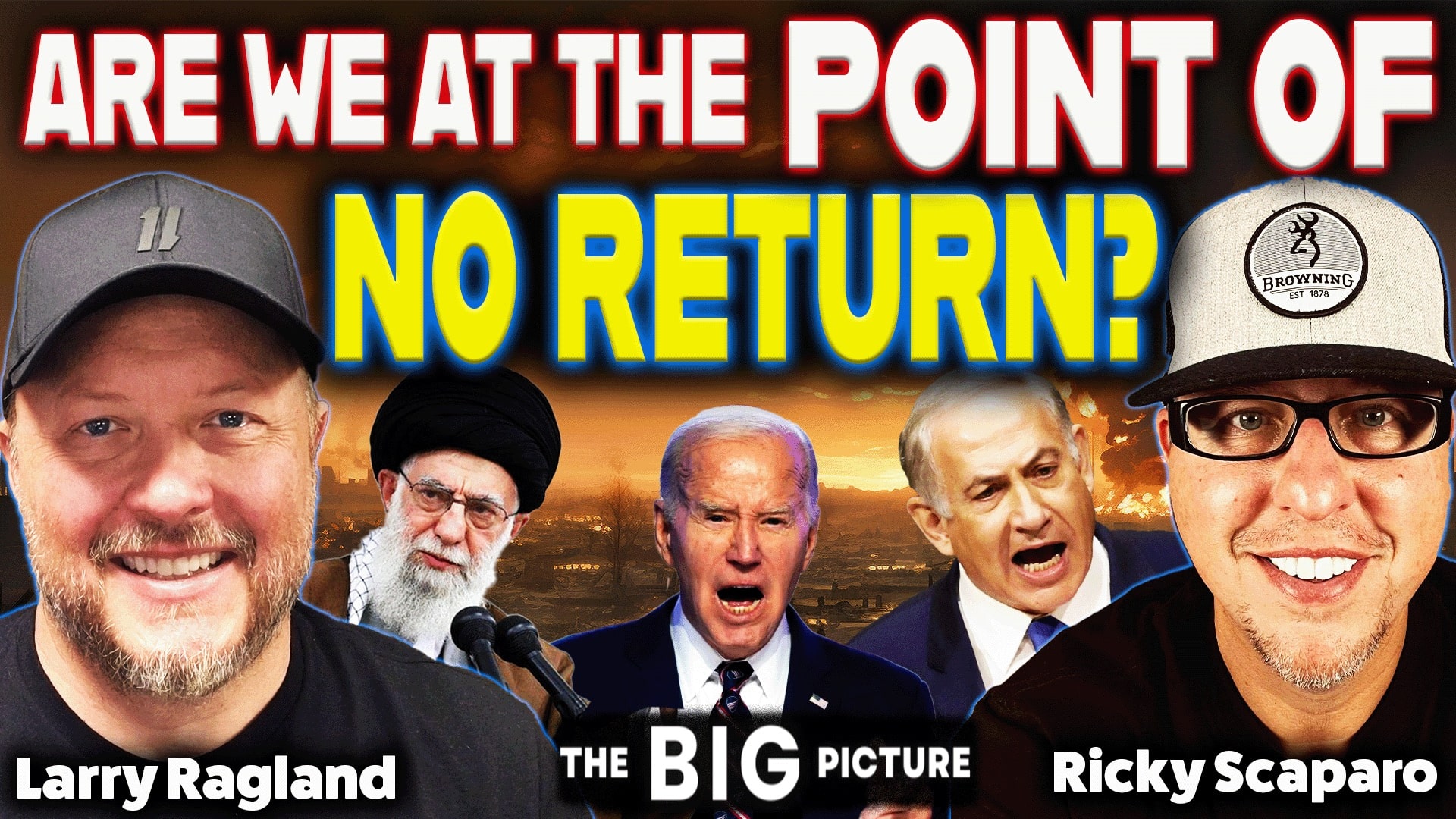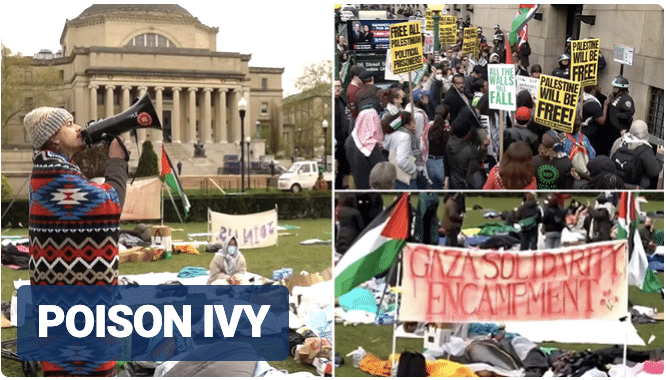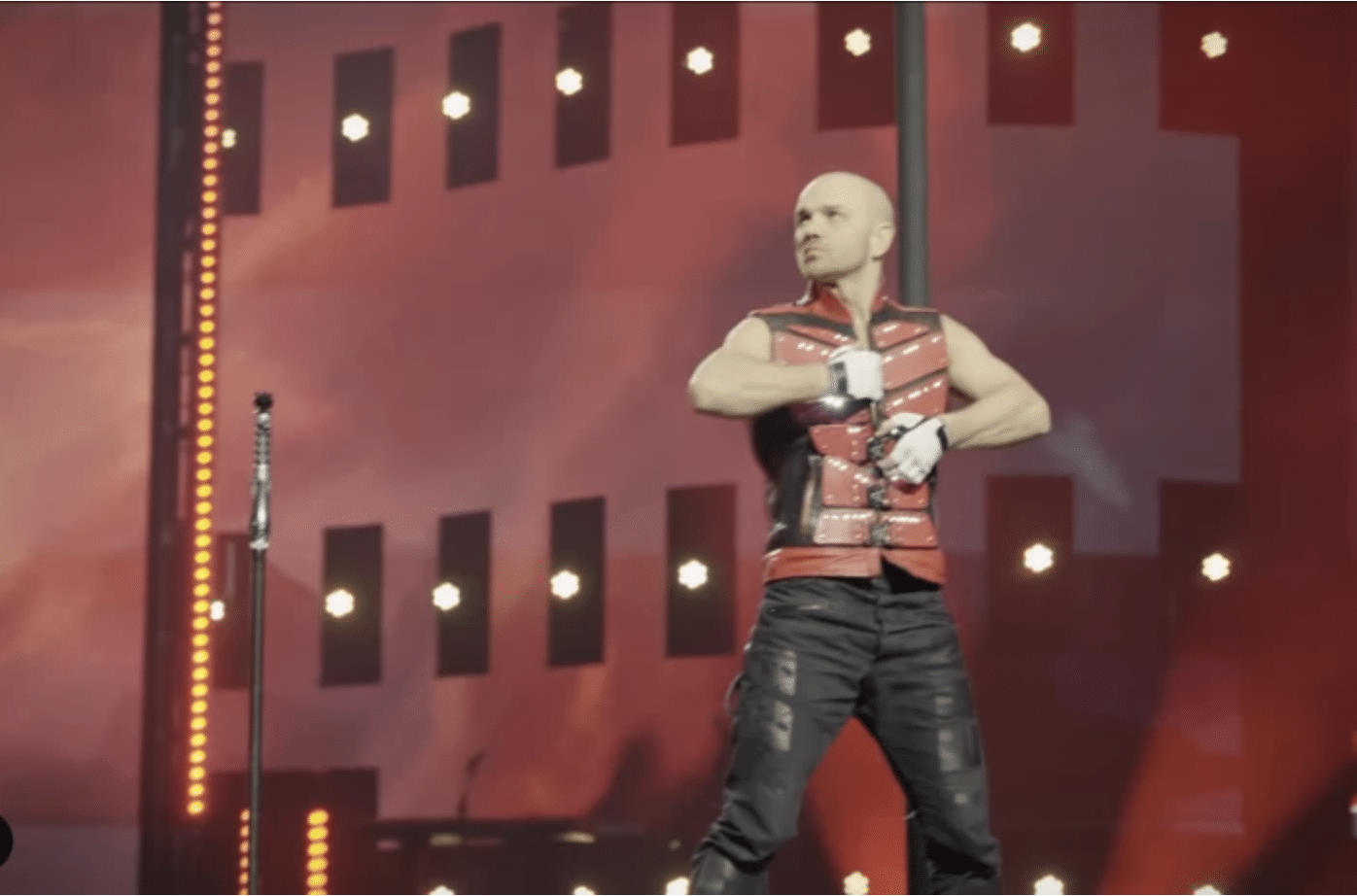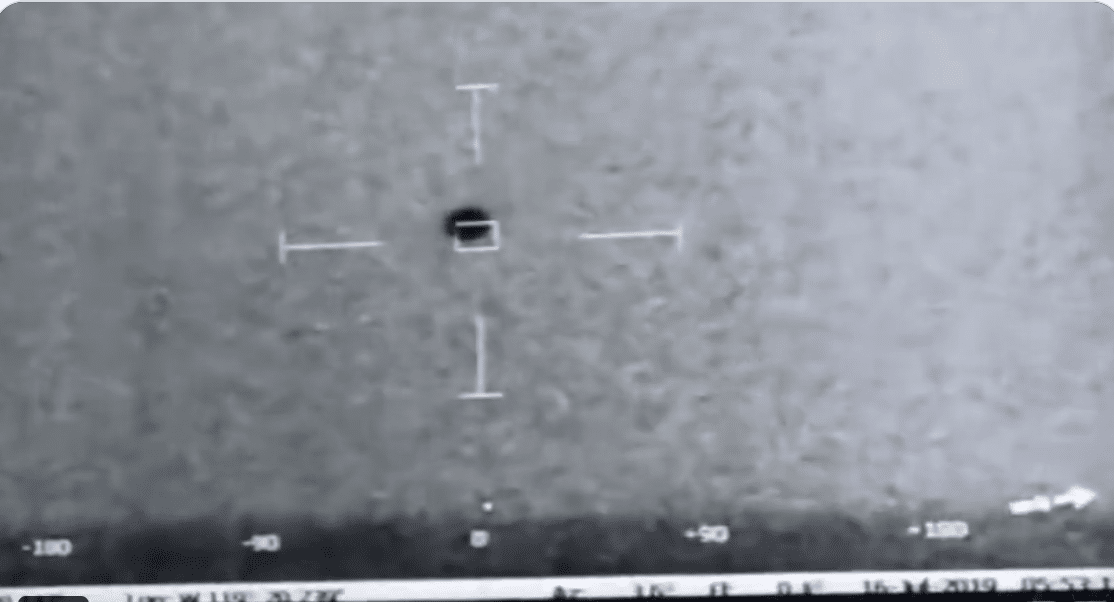(ETH) – Could we soon be seeing the complete removal of content on the internet that is deemed “defamation”, “harmful content” or “misleading”? In a ruling this past Thursday, the Austrian Supreme Court ordered, pursuant to local defamation rules, that Facebook remove a post insulting a former Green Party leader, keep equivalent posts off its site, and do so on a global scale.
According to the report, This case began with an April 2016 Facebook post, in which a user reportedly shared an article featuring a photo of Eva Glawischnig-Piesczek, then-chair of Austria’s Green Party, along with commentary labeling her a “lousy traitor,” “corrupt oaf,” and member of a “fascist party,” in what appeared to be a response to her immigration policies.
These types of posts are protected speech in the United States, however, it was deemed defamation under Austrian law. Now after a series of rulings, Austrian courts have ordered that Facebook immediately takedown and keep off any such post, and do so globally. Facebook reportedly complied with the ruling, but only in part.
According to SLATE “Employing what is known as geoblocking, it made the particular post that had been identified inaccessible to users within Austria. But it objected both to the global reach of the order and to the obligation to look for and keep other, equivalent posts off their site.
And it argued that the order violated the applicable EU’s e-Commerce Directive, which prohibits EU member states from imposing general monitoring obligations on tech companies like Facebook.” The consequences of the Austrian court ruling are far-reaching. Under current practice, global tech companies like Facebook and Google and Twitter set generally applicable community standards and terms of service—setting the rules for what is permitted on their platforms.
These rules apply globally, across the platform, regardless of the location of the user. But global tech companies are also bound by local laws that, at times, impose additional content-based restrictions on what users within their jurisdiction are allowed to say. Think of Germany’s hate-speech laws.
Or particular variants of the right to be forgotten. Or the Thai government’s prohibition on the critique of the monarch. Or Singapore’s limitations on what is deemed “fake news,” defined as anything a minister deems both false and prejudicial to the Singaporean state.
Under the Austrian court precedent, courts in any such jurisdiction would be more or less free to apply their local laws to compel not just local, but global takedowns of posts or comments that violate the vagaries (and often highly speech-restrictive) of local law. And they could also require that copycat and equivalent posts be kept off—also on a global scale. This creates a classic risk of a race to the bottom, with the most censor-prone nation setting global speech rules. FULL REPORT


















